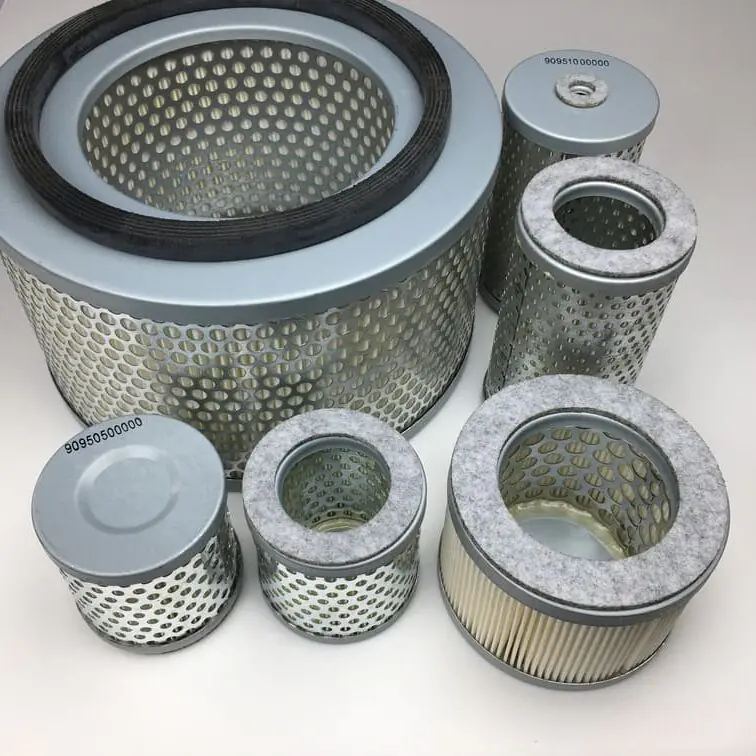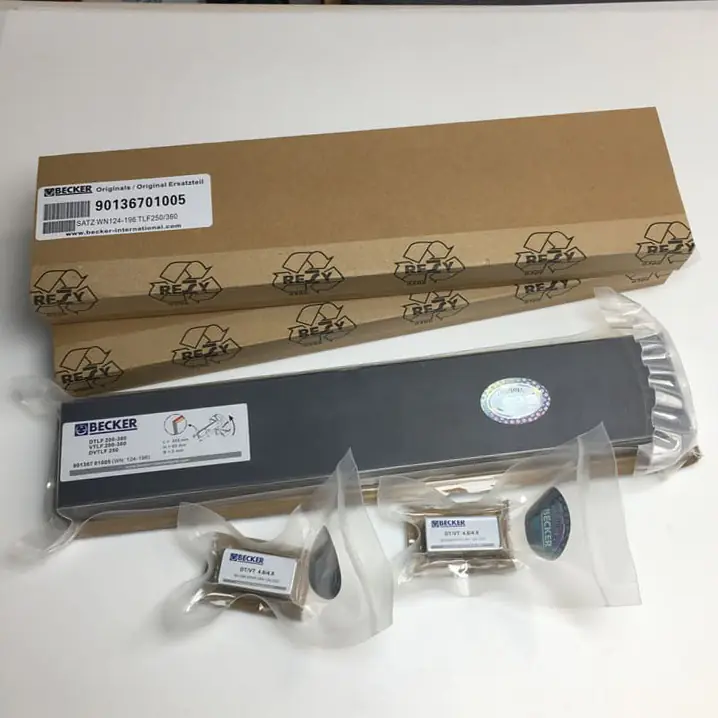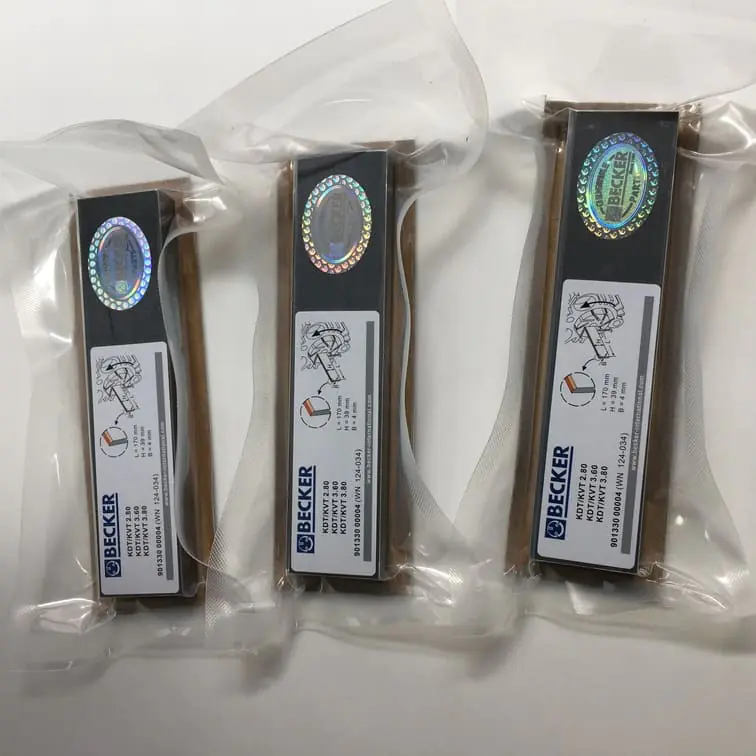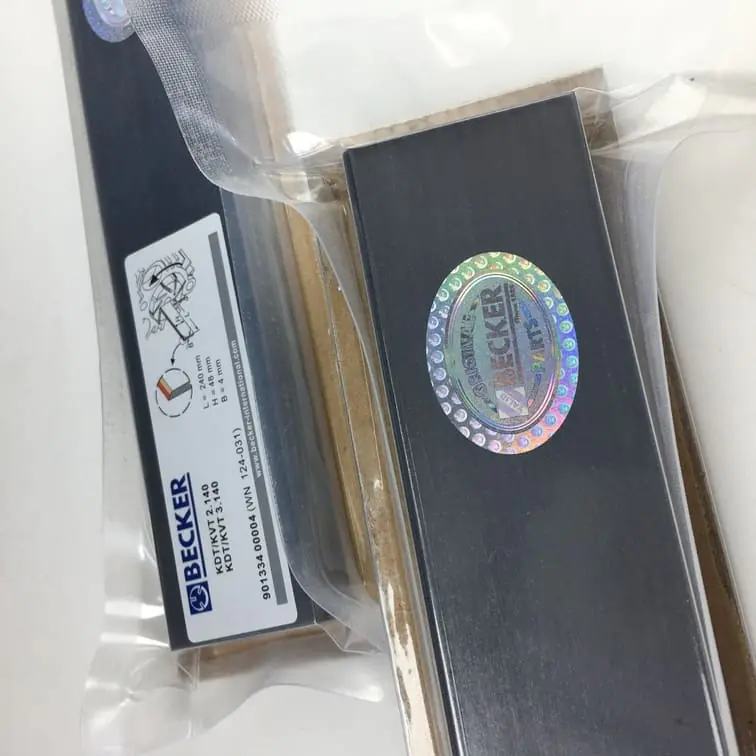What is Vacuum Pump Oil Used For?
Vacuum pump oil plays a critical role in maintaining the efficiency and longevity of vacuum pumps, which are essential in a variety of industries including HVAC systems, pharmaceutical manufacturing, and chemical processing. If you’ve ever wondered, “What is vacuum pump oil used for?”, this article will provide you with an in-depth look into its purpose, importance, and how to use it effectively.
Understanding Vacuum Pump Oil
Vacuum pump oil is a specially formulated lubricant used to reduce friction between the moving components within a vacuum pump. Its primary functions include lubrication, sealing, and heat dissipation. Essentially, the oil ensures that the vacuum pump operates smoothly, maintaining low pressures while keeping contaminants away from sensitive internal components.
The Main Functions of Vacuum Pump Oil
- Lubrication: The vacuum pump has many moving parts, such as rotors, vanes, and bearings. The oil reduces friction between these parts, minimizing wear and tear and preventing component damage.
- Sealing: The oil acts as a sealing agent between different chambers of the pump, ensuring no atmospheric air leaks into the low-pressure zones of the system.
- Heat Dissipation: As the vacuum pump runs, it generates significant heat due to friction. The oil helps in transferring heat away from critical components, preventing overheating and improving the pump’s efficiency.
“Without the proper type of vacuum pump oil, your pump could suffer from increased wear, reduced efficiency, and a shorter lifespan.”
Types of Vacuum Pump Oil
There are several types of vacuum pump oils, each designed for specific applications and requirements.
- Mineral Oil: Most vacuum pumps use mineral oil, which is derived from petroleum. This type of oil is widely used due to its cost-effectiveness and compatibility with most pumps.
- Synthetic Oil: Synthetic vacuum pump oils offer improved chemical stability and low vapor pressure. They are ideal for situations where there are extreme temperatures or exposure to reactive chemicals.
- Hydrocarbon-Based Oil: Some applications require hydrocarbon-based oils to provide enhanced lubrication under heavy loads.
How Does Vacuum Pump Oil Work?
The effectiveness of vacuum pump oil is largely based on its vapor pressure and viscosity. The vapor pressure must be very low to prevent the oil from evaporating inside the pump, which could contaminate the system. At the same time, the viscosity must be high enough to provide sufficient lubrication, yet low enough to flow easily.
Vapor Pressure and Its Importance
The vapor pressure of the oil is one of the most crucial characteristics. In a vacuum environment, even a small amount of vapor can lead to contamination or hinder the performance of the pump.
- Low Vapor Pressure: The oil must have a low vapor pressure to prevent evaporation during the vacuum process. The ideal vapor pressure is typically below 1.33 x 10^-3 Pa.
“Choosing oil with a high vapor pressure can cause the pump to operate inefficiently and even lead to contamination.”
Selecting the Right Vacuum Pump Oil for Your Application
Choosing the right vacuum pump oil depends on several factors, including the type of vacuum pump you are using and the nature of your application.
1. Rotary Vane Pumps
Rotary vane pumps are the most common type of vacuum pump and generally require mineral-based vacuum oil. The oil in these pumps also functions as a seal between the rotor vanes and the pump chamber.
- Ideal Oil Type: Mineral oils are typically recommended for rotary vane pumps. For more details on selecting the correct parts, check out our Vacuum Pump Spare Parts.
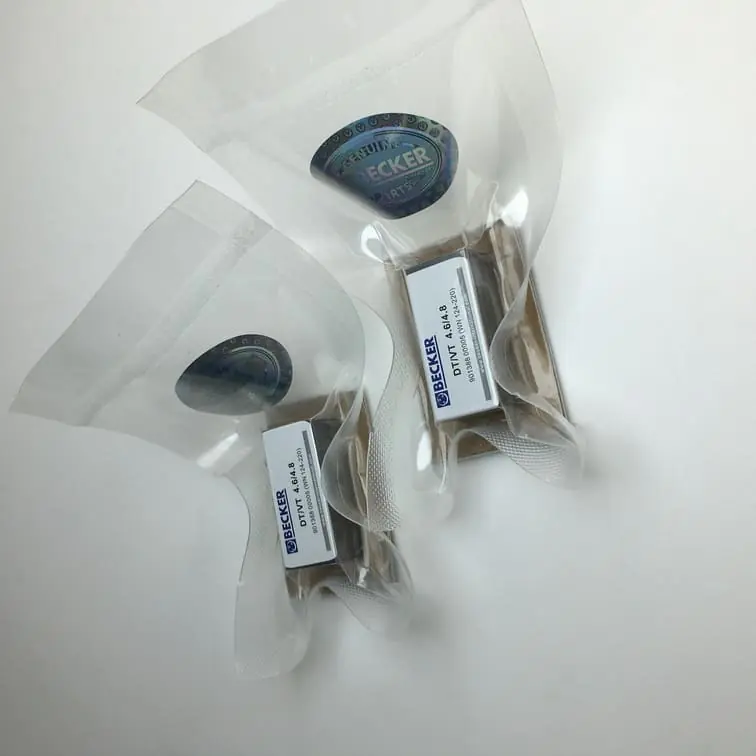
2. Diffusion Pumps
For diffusion pumps, which are used for achieving extremely low pressures, synthetic oils are generally preferred because of their thermal stability and resistance to decomposition.
- Heat Resistance: Diffusion pumps operate at very high temperatures, and synthetic oils are needed to prevent breakdown and loss of vacuum integrity.
3. Specialty Applications
In certain specialty applications, such as those involving reactive gases, vacuum pumps may require oils with specific chemical compositions to avoid reactions. This includes fluorinated oils, which are often used in processes involving aggressive chemicals.
Common Problems with Vacuum Pump Oil
While vacuum pump oil is essential for efficient pump operation, there are several common issues users should be aware of.
1. Oil Contamination
One of the most frequent problems with vacuum pump oil is contamination. Oil contamination can occur when condensable vapors enter the pump, mixing with the oil. This not only affects the efficiency of the vacuum but can also lead to pump damage.
- Symptoms: Contaminated oil appears milky or cloudy. It loses its lubricating properties, resulting in increased wear.
- Prevention: Use a gas ballast valve to remove condensable vapors. Learn more about gas ballast systems here.
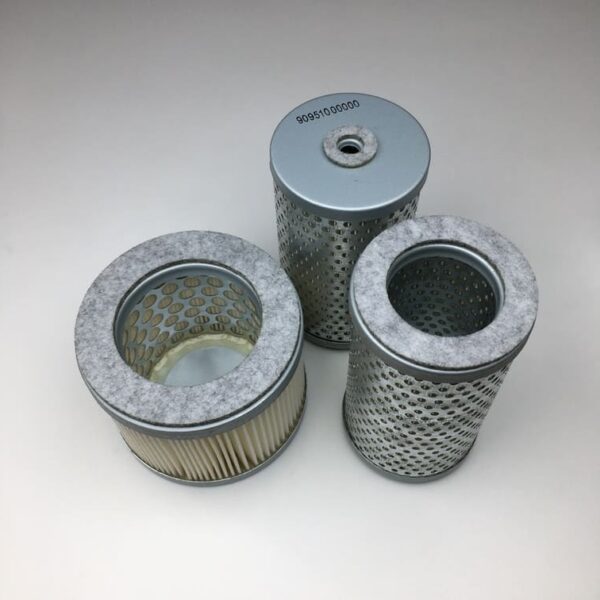
2. Oil Breakdown
Oil breakdown occurs when the vacuum pump oil is exposed to excessive temperatures or chemicals that cause it to degrade. This can be identified when the oil changes color or has an unusual odor.
- Solution: Regular oil changes and monitoring of the pump temperature can help prevent oil breakdown. It is also advisable to use oils with appropriate chemical resistance for the gases involved.
3. Inadequate Oil Level
Maintaining the correct oil level is critical for proper vacuum pump operation. Insufficient oil can lead to increased friction, while too much oil can lead to pressure build-up and reduced efficiency.
- Check Oil Levels Regularly: Always ensure that the oil level is within the recommended range indicated by the sight glass on the pump.
How to Change Vacuum Pump Oil
Changing the vacuum pump oil is a straightforward but essential maintenance task. To ensure your pump operates smoothly, follow these steps:
1. Turn Off and Disconnect the Pump
- Power Down: Ensure the pump is completely turned off and disconnected from power.
- Cool Down: Allow the pump to cool down before proceeding to avoid burns from hot oil.
2. Drain the Old Oil
- Drain Plug: Locate the drain plug at the bottom of the pump and place a container underneath to catch the old oil.
- Open Plug: Remove the plug and allow the oil to drain fully.
3. Refill with Fresh Oil
- Fill Port: Once the old oil has been drained, open the fill port and add fresh vacuum pump oil.
- Correct Level: Fill to the appropriate level as indicated by the sight glass.
“Regular oil changes can significantly extend the life of your vacuum pump and maintain optimal performance.”
For replacement oil and other maintenance products, visit Vacuum Pump Part Store.
Benefits of Regular Oil Changes in Vacuum Pumps
Maintaining regular oil changes in your vacuum pump offers multiple benefits that go beyond basic pump operation.
1. Improved Efficiency
Old or contaminated oil has a higher viscosity and contains contaminants that reduce the effectiveness of lubrication. This results in increased friction and reduced efficiency.
- Smooth Operation: By changing oil regularly, you maintain low friction levels, ensuring the pump operates smoothly and efficiently.
2. Reduced Wear and Tear
Vacuum pumps that run with fresh oil are less prone to mechanical wear and component failure. Contaminated oil results in increased friction, causing critical parts to wear out more quickly.
- Extended Lifespan: Regular oil changes help to extend the lifespan of the pump and prevent frequent, costly repairs.
3. Lower Operating Costs
Routine maintenance and oil changes can lead to lower operating costs by improving energy efficiency and preventing breakdowns that require expensive parts.
- Reduced Downtime: Preventative maintenance reduces downtime, keeping processes running smoothly and avoiding unexpected halts.
FAQs
1. What is the purpose of vacuum pump oil?
Vacuum pump oil serves several purposes, including lubrication, sealing between chambers, and heat dissipation to keep the pump operating efficiently.
2. How often should vacuum pump oil be changed?
The frequency of oil changes depends on the application and usage conditions, but generally, it should be changed every 500-2000 hours of operation or when it appears contaminated.
3. Can I use any oil in my vacuum pump?
No, you should always use oil specifically designed for vacuum pumps. The wrong type of oil can lead to increased wear, poor vacuum performance, and even pump damage.
4. How do I know if my vacuum pump oil needs changing?
If the oil appears milky, cloudy, or has an unusual odor, it may be contaminated and should be changed to maintain proper pump function.
5. What happens if vacuum pump oil is not changed?
Failure to change vacuum pump oil can lead to increased wear, inefficient vacuum operation, and potential pump failure due to lack of lubrication and increased contamination.
Conclusion
Vacuum pump oil is vital to the efficient functioning and longevity of vacuum pumps. It ensures proper lubrication, prevents contamination, and helps with heat dissipation. Understanding its importance and performing regular oil changes is essential for maintaining pump efficiency and reducing operational costs. Whether you are working with rotary vane, diffusion, or specialty vacuum pumps, choosing the right type of oil and following a consistent maintenance routine will lead to significant improvements in both performance and reliability.
If you need spare parts or maintenance products, be sure to check out the comprehensive selection available at Vacuum Pump Part Store. Keeping up with your pump maintenance, especially changing the oil regularly, will help ensure that your vacuum pump provides the performance and reliability you need for your industrial processes.

